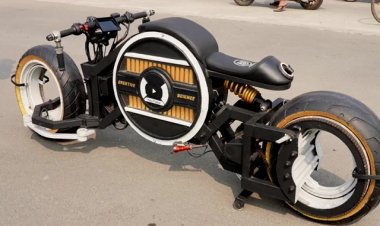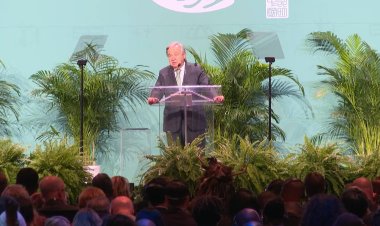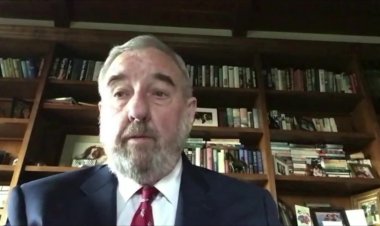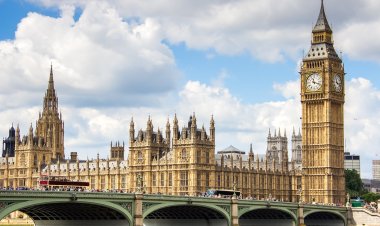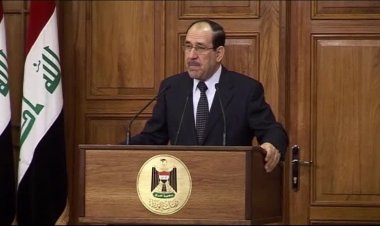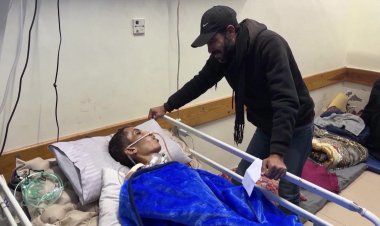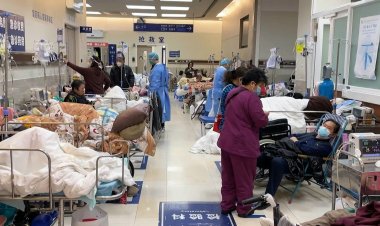The UK and German leaders Boris Johnson and Scholz met
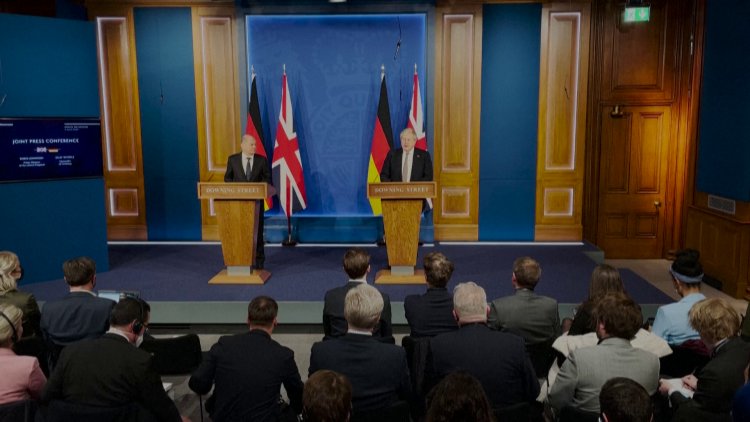
Germany’s Chancellor says his country is doing ‘all it can’ to reduce dependence on Russian hydrocarbons, at a press conference alongside Britain’s Prime Minister.
Boris Johnson says the leaders discussed collaborating on energy security. On the subject of supplying arms to Ukraine, Boris Johnson says it is Russia who has escalated the situation, and that western governments are simply trying to help Ukraine defend itself.
The Prime Minister also addressed controversy over the tax status of the wife of Britain’s finance minister, saying family members should be kept out of politics
Britain is sending Ukraine more Starstreak anti-aircraft missiles and 800 anti-tank missiles after an "unconscionable" attack on a train station, Prime Minister Boris Johnson said.
The "high-grade military equipment" is worth £100 million ($130 million, 120 million euros), Johnson said, with the UK anti-tank missiles seen as particularly potent against Russian forces.
The attack at Kramatorsk "shows the depths to which (Vladimir) Putin's once-vaunted army has sunk", he told reporters alongside German Chancellor Olaf Scholz, who called the Russian strike "atrocious".
Fifty people were killed at the railway station, including five children, Ukrainian officials said as the toll rose on one of the deadliest strikes of the six-week-old war.
Scholz also defended Germany against criticism that it is dragging its feet on ending Russian energy imports as part of Western sanctions over Putin's invasion of Ukraine.
"We are doing all we can and we are doing a lot," the chancellor said, pointing to Germany's long-term diversification to alternative energy and other suppliers for natural gas.
After talks with Scholz in Downing Street, Johnson said Britain and Germany would work together on renewable technologies.
"We cannot transform our energy systems overnight, but we also know that Putin's war will not end overnight," the prime minister said.
The UK and German leaders met as European Commission president Ursula von der Leyen and EU foreign policy chief Josep Borrell visited Ukraine.




